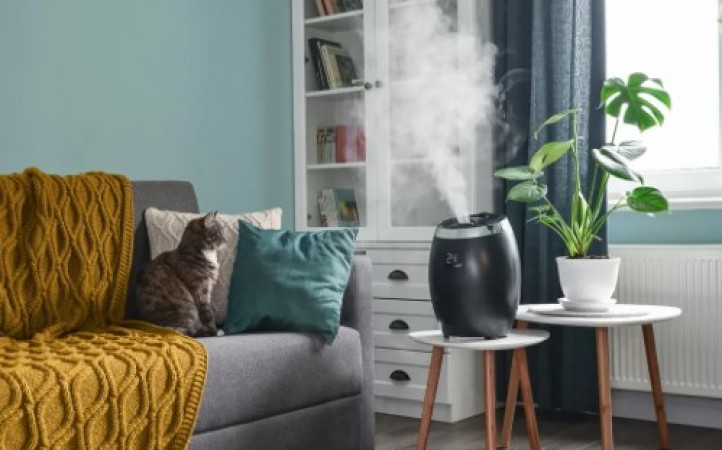
Humidifiers play a crucial role in maintaining optimal moisture levels in indoor environments. These devices are designed to add moisture to the air, which can be especially beneficial in dry climates or during the winter months when indoor heating systems can lead to excessively dry air.
One of the primary benefits of using a humidifier is its ability to prevent dryness in the air. When the air is too dry, it can cause a range of discomforts, including dry skin, chapped lips, and irritated nasal passages. By introducing moisture into the air, humidifiers help alleviate these symptoms and create a more comfortable indoor environment.
Dry air can take a toll on the skin, leaving it feeling tight, itchy, and flaky. By maintaining proper moisture levels in the air, humidifiers help keep the skin hydrated and supple. This is especially important for individuals with sensitive skin or those prone to conditions like eczema or psoriasis.
Chapped lips are a common problem, especially during the winter months. Humidifiers can help prevent this by ensuring that the air remains adequately moisturized, reducing the likelihood of lips becoming dry and cracked.
Dry air can exacerbate respiratory issues such as asthma, allergies, and sinus congestion. By adding moisture to the air, humidifiers help soothe irritated airways and make breathing more comfortable. This can be particularly beneficial for individuals who suffer from chronic respiratory conditions.
Dry air can also affect sleep quality, leading to discomfort and difficulty breathing. By using a humidifier in the bedroom, individuals can create a more conducive environment for restful sleep. The added moisture in the air can help keep nasal passages clear and reduce snoring, allowing for a more restorative night's sleep.
In addition to benefiting human health, humidifiers can also help protect wooden furniture, flooring, and musical instruments. Dry air can cause wood to crack and warp over time, but maintaining proper moisture levels can help prevent this damage.
When selecting a humidifier, it's essential to consider factors such as the size of the room, desired humidity levels, and ease of maintenance. There are several types of humidifiers available, including evaporative, ultrasonic, and steam vaporizers, each with its own set of benefits and considerations.
Evaporative humidifiers work by blowing air through a moistened wick filter, which helps evaporate water into the air. These humidifiers are relatively quiet and energy-efficient, making them a popular choice for many households.
Ultrasonic humidifiers use ultrasonic vibrations to create a fine mist of water that is then released into the air. These humidifiers are typically very quiet and can be ideal for use in bedrooms or nurseries.
Steam vaporizers heat water to create steam, which is then cooled slightly before being released into the air. These humidifiers are highly effective at adding moisture to the air but may pose a burn risk if not used carefully. Humidifiers play a vital role in maintaining comfortable and healthy indoor environments by adding moisture to the air. From preventing dry skin and lips to improving respiratory health and protecting wooden furnishings, the benefits of using a humidifier are numerous. By understanding the different types of humidifiers available and selecting the right one for your needs, you can ensure that your home remains a comfortable and inviting space year-round.
Such a magical forest of India, which glows at night!
These are the 3 most expensive bikes sold in India, the price is so much that you will buy Audi-BMW
Lemon Rice: Learn to make South Indian dish 'Lemon Rice' in easy steps